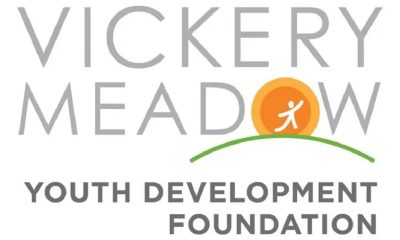Local News
Concord City Council Approves Rent Registry To Help Reveal “Real Rent Landscape”
Concord, California – A rent registry program, in which property owners would have to provide information about evictions, their units’ square footages, rent costs and how those costs have changed over time, has been established by the Concord City Council.
But there are still outstanding questions about the registry, including how much of that information will be available to the general public and how its “public portal” will work. Those particulars will have to be worked out at future council meetings, council members said Tuesday night.
The registry is being formed in response to requests from local renters and their advocates for information that could help show whether evictions are being carried out legally and fairly and, as one renters’ advocate said Tuesday night, show “the real rental landscape” in Concord.
Establishing the new rent registry takes the form of an amendment to the city’s existing Residential Tenant Protection Program Ordinance. That ordinance is the product of several years of work by the city to respond to concerns among renters and their advocates about the city’s rental housing market, including affordability, availability and tenant evictions.
Even after the city’s Residential Rent Review Program was enacted in 2017, those concerns persisted.
The rent registry program will require the owners of all multifamily complexes with four or more units to register with the city (affordable housing complexes will be exempt from the rent registry).
City staff estimates there are about 9,700 units in Concord that are eligible for the registry. The plan is for the registry to go live in July.
While one property owner told the council Tuesday night the fees will be a burden on landlords during the COVID-19 era, and another threatened legal action to protect the release of certain information, others praised the registry.
Debra Ballinger, executive director of the advocacy group Monument Impact, urged that tenants’ race and ethnicity information be tracked on the registry, too.
“We all know that, pre-COVID, the Latinx community faced the most evictions, just as they suffer the highest rate of COVID infections,” said Ballinger, who thanked the City Council for pursuing the registry.
The program will be funded mostly by a fee that would be paid by the property owners. The total proposed cost would be $5.25 per unit per year.




















